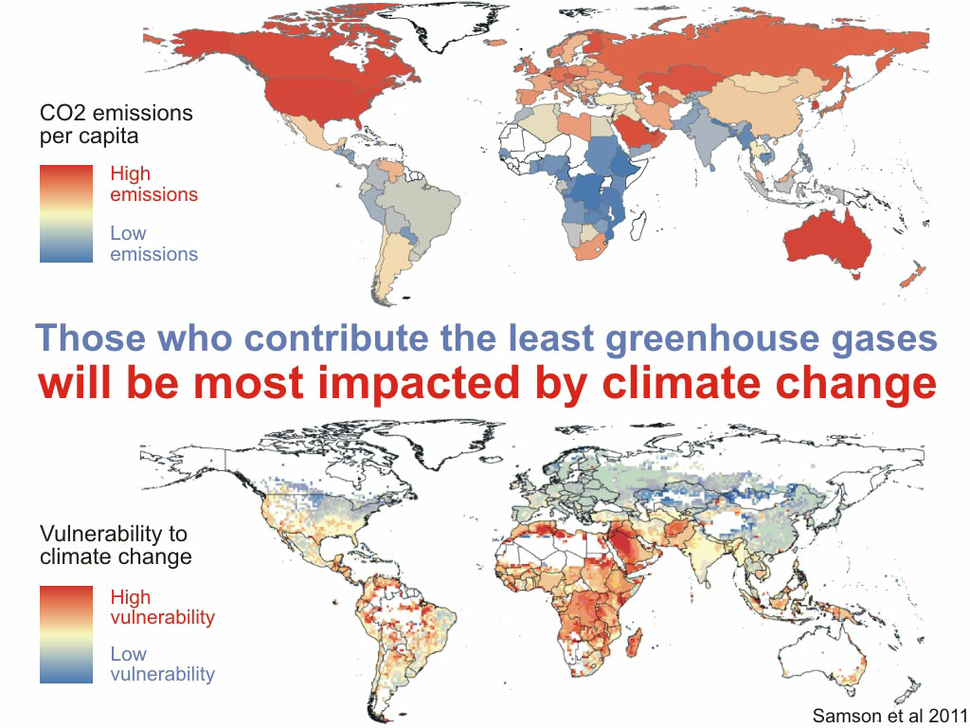Around a fortnight ago, the 2015 United Nations Climate Change Conference or COP 21 was held in Paris with the objective of achieving legally binding and universal agreement on climate change action from all the nations of the world. As I write, nations are grappling with each other to come to an agreement on limiting further global warming to two degrees by 2100. Personally, I have never been alarmed by the dystopian predictions of climate scientists. It is not that I am a non-believer of science and statistics, I just couldn’t bring myself to care about a phenomenon whose consequences would be felt 50 to 100 years from now, when I will be distant (and hopefully, happy) memory. I have always tended to live in the present and so do most humans and it is then, naturally, difficult to enthusiastically change our habits since the benefits are so far off in the future.
Around the time the COP21 began, the city of Chennai, in India, received the largest volume of rain in over a hundred years. Over a period of two weeks, the city received 500 mm of rain every day. I spent two years of my life in this city of smiling faces and friendly strangers. I watched in horror and frustration, on my computer screen, as the streets I used to walk on were washed away, bridges collapsed and cars were thrown about like they were made of plastics. When disaster strikes closer to home, you start taking notice. My home city of Cochin, located on the eastern coast of India, receives maybe even more rainfall than Chennai does and is as prone to the threat of floods. I then came across this image:
Evidently, it is the tropical countries such as India that are most threatened by rising sea levels and other adverse effects of climate change.
Following my new found interest in climate change and the associated geo-political debate, I attended a lunch lecture on climate ethics by Behnam Taebi, a professor at the TPM faculty. From the lecture, I understood that the main obstacle in reaching an agreement on limiting further global warming to two degrees is the conflict between developed and developing nations regarding the common but differentiated responsibility. The developed bloc, led by the USA, accuse developing countries such as China and India of not doing enough to fight climate change while China and India see it as unfair that they have to abandon existing growth rates and consumption patterns to clear up the mess, that from their point of view, was created by the developed bloc in the first place. After all the BRIC nations have the lowest per capita emission figures.
I do not wish to rationalise the arguments of either side but express my notion that time is running out as Chennai is flooded, glaciers shrink in the Himalayas, drought hits California and ice bergs melt in the arctic. Behnam told us about how in ethics, we do not do scientific experiments but thought experiments. To analyse climate change, ethical scientists liken the planet to a bathtub that is slowly being filled as humanity pollutes and plunders. Since the industrial revolution, unsustainable growth processes have caused the bathtub to fill up almost till the brim. Regardless of the fact that it was the advanced nations that did most of the filling, the truth is there is no more space in the bathtub. We need to act now, before the tub overflows.
